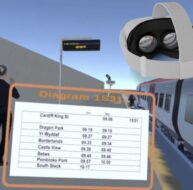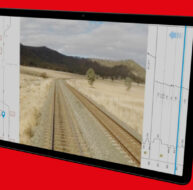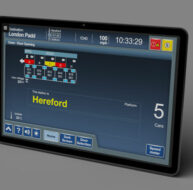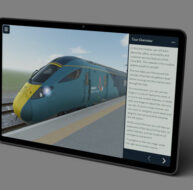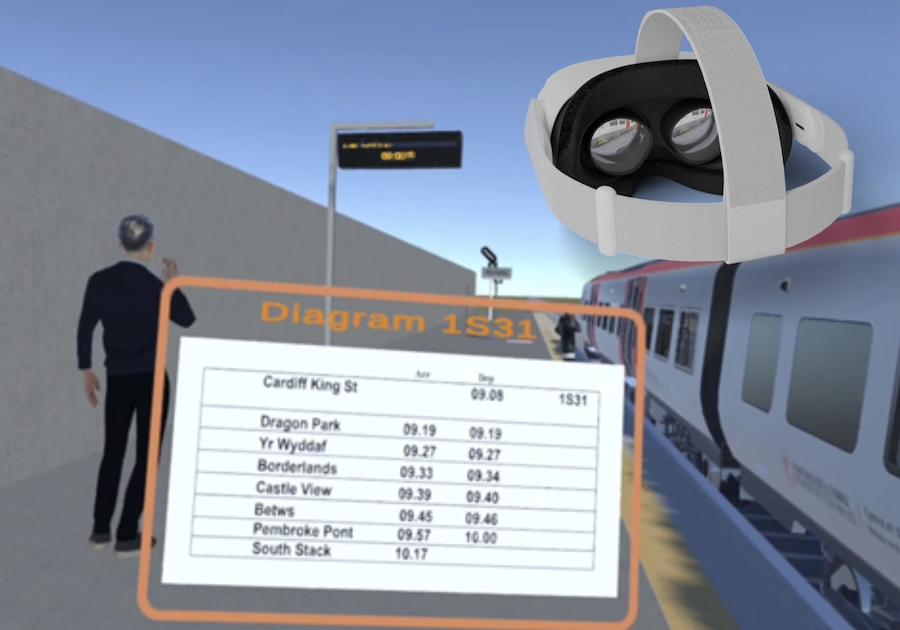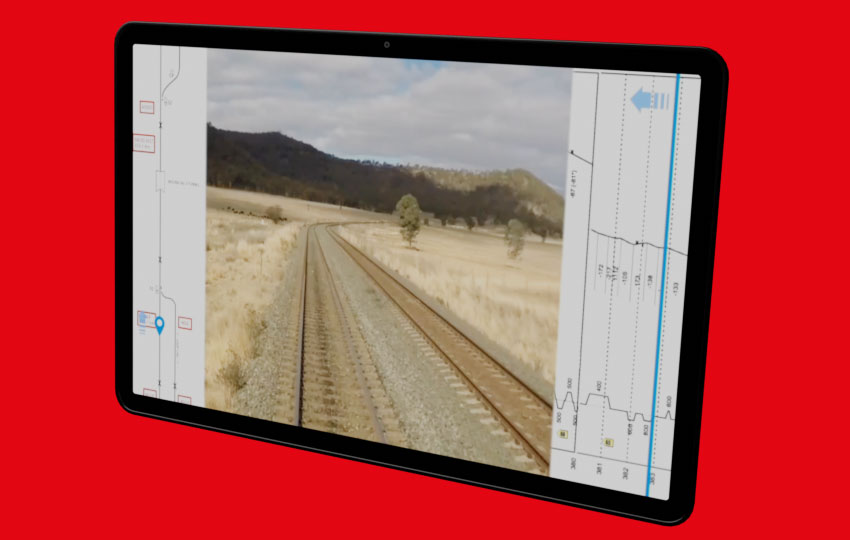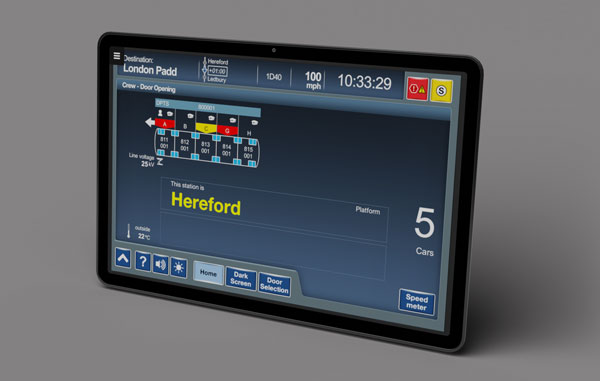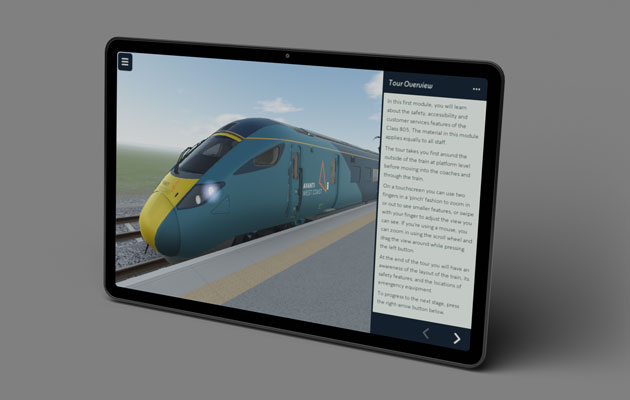Denova’s Digital Abattoir transforms teaching at University of Liverpool

“The Digital Abattoir is now being used alongside real life visits to abattoirs to complement the physical visits. It has been instrumental in helping the students as a revision tool in the lead up to exams.”
The School of Veterinary Science at University of Liverpool was the first of the UK Veterinary Schools to use Devona’s digital abattoir solution to replace physical abattoir tours for their students during the Covid 19 pandemic Undergraduate and Postgraduate students studying at the school receive an equal balance of training in the three main disciplines: equine, large animal, and small animal veterinary medicine and surgery.
The pandemic disrupted the course significantly for students. Prior to 2019 students regularly visited red and white meat abattoirs, dairy and cheese making production facilities as part of the course to understand the control of food production in these facilities, but this ceased as there were concerns about transmission of infection. This had a huge impact on the learning outcomes from the course as these visits were an integral part of a student becoming a fully qualified veterinarian.
Liverpool had to quickly find an alternative way to replace these abattoir visits to ensure the course could proceed.
Following conversations with other veterinary schools across the UK all facing the same issues, it became apparent that University of Glasgow were working with Edinburgh based Denova to create a digital abattoir app that would replicate the physical teaching tour of abattoirs using interactive apps and virtual reality technologies.
The digital abattoir enabled over 200 University of Liverpool students across the last 2 cohorts to meet their learning outcomes in terms of the food science, food safety and food microbiology elements of the veterinary course.
The digital abattoir app provided students with a full immersive learning experience including 360° videos, interactive questions and learning scenarios.
The solution was reviewed by the University of Liverpool management and administration teams and Denova’s Digital Abattoir has now become an integral part of the School of Veterinary Science teaching curriculum.
The Digital Abattoir is now being used alongside real life visits to abattoirs to complement the physical visits. For example as part of their curriculum the University asks students to view the Digital Abattoirs using the virtual reality headsets before a physical visit, to see the abattoir for the first time and understand better what to expect. This is followed by a full day of study working on the web-based app, working through the scenarios and various questions. This gives a great grounding of what’s required before the physical visit. The students have limited time in the abattoirs, so the Digital Abattoir is used to fill their knowledge gaps.
It has been instrumental in helping the students as a revision tool in the lead up to exams. Senior Lecturer in Veterinary Public Health at University of Liverpool, Dragan Antic said, “As an institution, we are always looking for different solutions and delivery methods to ensure our teaching is at the top of its game. Technology has had a massive impact on university courses and the way courses are delivered and using Denova’s solutions we feel we are offering the best learning experience for our students. The fact that it has been approved by the Royal College of Veterinary Surgeons gives us the ‘stamp of approval’ that this tool meets their requirements as part of the veterinarian qualification. Lockdown has completely changed our thinking in terms of teaching and we are now thinking more laterally on how to provide the best experience for our students. The Digital Abattoir is a great tool, and I would recommend it to anyone teaching undergraduate and post graduate veterinary courses to complement to their students’ physical production facility visits”.

